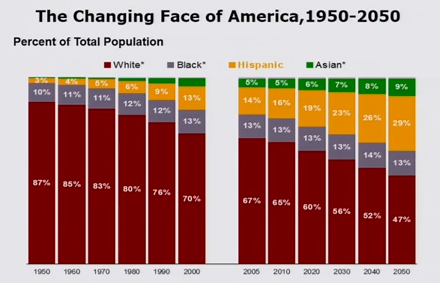Cross-posted at VitaminW.
In 2006, The Walt Disney Company bought the computer-animated feature film powerhouse Pixar. This makes the lead of their most recent movie, Brave (2012), not just a princess, but a Disney Princess. Merida is having a royal coronation at the Magic Kingdom this morning.
For her coronation, the princess has gotten a good ol’ Disney makeover. On the left is the new Merida (“after”) and on the right is the old Merida (“before”). Notice any differences?
Here are the ones that I see:
- Sleeker, longer hair with more body
- Larger eyes and more arched eyebrows
- Plumper lips
- A thinner waist
- More obvious breasts
- An overall more adult and less adolescent appearance
- Lighter colored and more ornate gown
- A lower cut neckline that also shows more shoulder
- Perhaps most symbolically, her bow and arrows have disappeared in favor of a fashionable belt
We’ll add the new Merida to our always-growing collection of toys and logos that have received sexy make-overs. You’ll love this Pinterest page, featuring a surprising set of newly sexy characters, including Care Bears, Polly Pockets, Holly Hobbie, Strawberry Shortcake, My Little Pony, Rainbow Brite, Cabbage Patch Kids, Dora the Explorer, and the Trollz.
Lisa Wade, PhD is an Associate Professor at Tulane University. She is the author of American Hookup, a book about college sexual culture; a textbook about gender; and a forthcoming introductory text: Terrible Magnificent Sociology. You can follow her on Twitter and Instagram.








